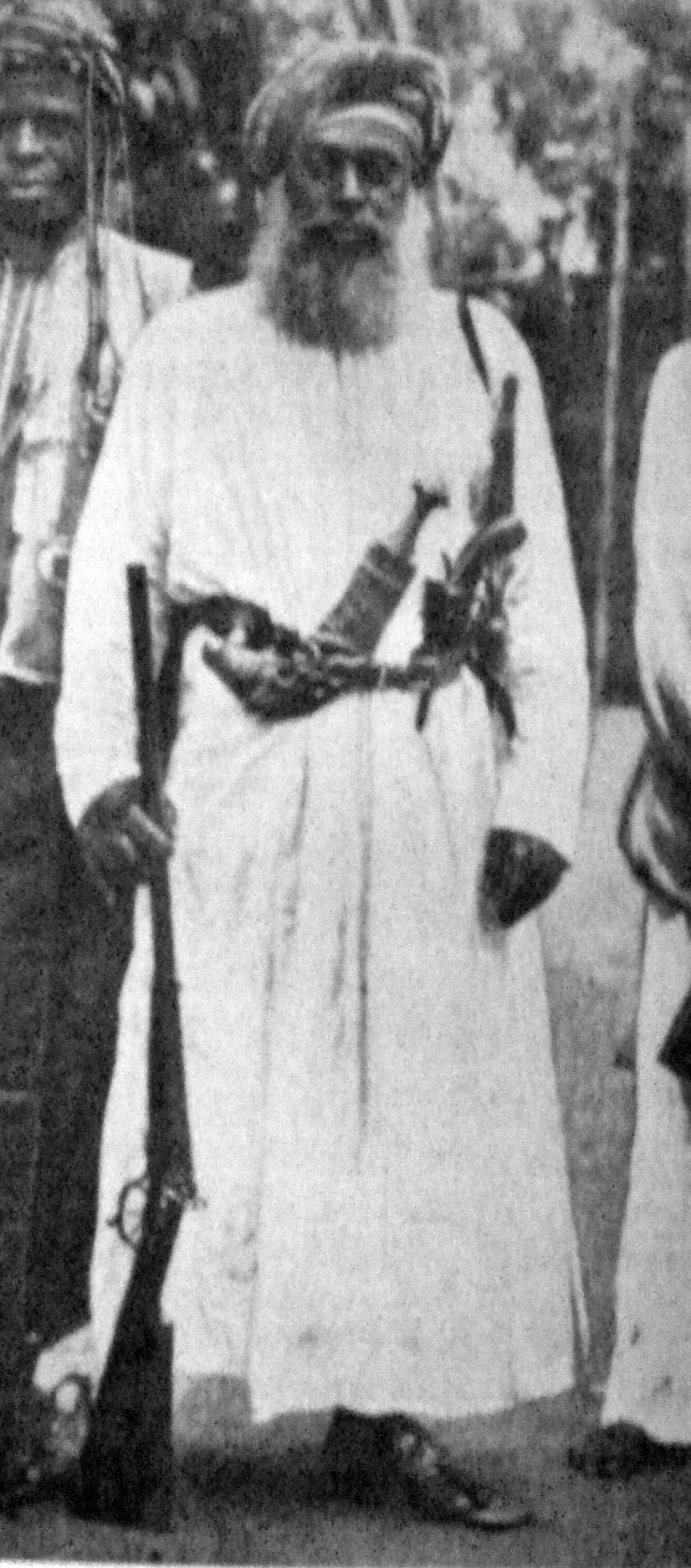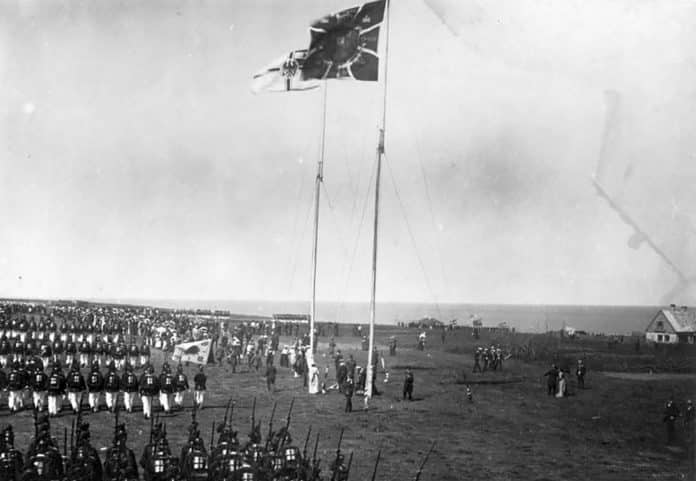Heligoland Zanzibar Treaty of 1890 – Terms, Consequences and More
The Heligoland Zanzibar Treaty (Known in German as Helgoland-Sansibar-Vertrag; otherwise known as the 1890 Anglo-German Agreement) was a treaty between the UK and the German Empire that was signed on 1 July 1890.
The agreement enabled Germany to control the Caprivi Strip (the strip of territory that connected South-West Africa under the Germans to River Zambezi), the strategically placed North Sea Heligoland island, and German East Africa‘s heartland. In exchange, Germany acknowledged British rule in Zanzibar. The newly built Kiel Canal and the entrances to the North Sea ports of Germany required supervision from Heligoland. Zanzibar served as a vital connection in British rule over East Africa.
Terms of the Heligoland Zanzibar Treaty
Germany acquired control of the North Sea Heligoland islands (known as Heligoland in Germany), which were originally owned by Holstein-Gottorp’s dukes but had been a British territory since 1814, the Caprivi Strip in present Namibia, and freedom to acquire and control the Dar es Salaam coast, which formed German East Africa’s core (later named Tanganyika, presently Tanzania’s mainland)
In return, Germany gave Britain control of the sultanate of Wituland (German: Deutsch-Witu, situated along the coast of Kenya) and sections of East Africa crucial to the British building of a railway line to Lake Victoria, as well as a promise not to tamper with British actions in relation to the independent Zanzibari Sultanate (i.e. Pemba and Ugunja islands). The pact also defined the German area of interest in German-controlled South West Africa (much of modern-day Namibia), as well as the borders between the Gold coast of Britain ( present Ghana) and the German Togoland and between British Nigeria and German Kamerun.
Consequences of the Heligoland Zanzibar Treaty
Britain gave up a naval base that guarded the entrances to Germany’s key naval facilities in the North Sea, but that would be hard to protect as Germany’s navy grew. It quickly proclaimed Zanzibar a protectorate and took complete command of the sultanate in the Anglo Zanzibar War of 1896.

The Treaty of Versailles aided Leo von Caprivi, a German Chancellor to reach an agreement with the British. Germany had initially lost in the “Scramble for Africa” after the Berlin Conference held in 1884: the German East Africa Company managed by Carl Peters obtained a piece of land along the coast of Tanganyika (causing the Abushiri Revolt of 1888), but did not have any command over the sultanate islands of Zanzibar; No key interest was given away by the Germans. In exchange, they received Heligoland, which was strategically located for control of the Bight of Germany, which had become vital to Emperor Wilhelm’s II ambitions for Imperial Navy expansion following the building of the Kiel Canal as from 1887. Wilhelm’s naval actions thwarted an agreement with the British, leading to a reconciliation between Britain and France in 1904, which was cemented with the Entente cordiale.
Ex-Chancellor Otto von Bismarck coined the deceptive name for the pact in order to retaliate on his detested successor Caprivi for finalizing an accord that Bismarck had brokered during his tenure. Bismarck’s nomenclature, on the other hand, indicated that Germany had exchanged an African empire for little Heligoland (“trousers for a button”). Imperialists, who worried about “treason” against the interests of Germany, gladly embraced this. In 1891, Alfred Hugenberg and Carl Peters petitioned for the formation of the Alldeutscher Verband ( meaning “Pan-German League”).
If you would like to find more articles about The People Republic of Zanzibar, click here!


































